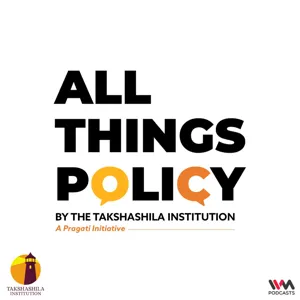Andrew Bayly: The select committee banking inquiry, Statistics NZ's challenges & more

The coalition government's select committee banking inquiry could look at how to encourage banks to lend more to "productive" sectors of the economy rather than having such a big focus on "unproductive" housing lending, Commerce and Consumer Affairs Minister Andrew Bayly says.
The National-NZ First coalition agreement says the government will establish a select committee inquiry into banking competition "with broad and deep criteria to focus on competitiveness, customer services, and profitability."
Speaking in interest.co.nz's Of Interest podcast, Bayly said the government will wait to see what the Commerce Commission has to say in its market study into personal banking services before launching the select committee probe. The Commission's draft report is due on March 21.
"Why have we seen outflows from the productive sector like small businesses, farming and property development which is really important if you want to build houses in New Zealand? We've seen funding going out of that sector, going into what I would term the unproductive sector which is the mortgage market. That's interesting because it obviously has a big impact on businesses and the productive sector," said Bayly.
"Then there are things around margin [and] capital adequacy ratios that the Reserve Bank manages. That will help banks determine where they put their money, and whether they want to invest in more mortgages, or whether they want to invest in supporting businesses."
"I'm approaching it with an open mind. I want to see where they [the Commerce Commission] have got to with retail [banking], but I think inevitably there's some other areas we want to cover," said Bayly.
Under bank regulatory capital rules overseen by the Reserve Bank, banks are required to hold less capital against housing lending than against other types of lending such as business/corporate and agriculture lending. The major lending exposure of all NZ's major banks is housing. ANZ NZ, the country's biggest bank, has 72% of its total lending in housing.
Bayly is also Minister of Statistics, plus Small Business and Manufacturing Minister.
On Statistics NZ, Bayly said it will deliver the 7.5% annual spending reduction the government has asked for. Decisions and preparation are ahead for the 2028 census, he said, noting the 2023 census cost $326 million, "a lot of money."
"I'm wanting to make sure that what we do drives economic growth for New Zealand, how we can power up those businesses. That's the big strategic intent," he said.
"Do you run another huge census every five years? That's the first question. And if you read the Stats NZ] briefing [to the incoming minister] there's a proposal that you don't run those big things again. Because governments all around the world are having the same issue where if you front up to someone now and say 'can you fill out this long form' most of them tell you to naf off," Bayly said.
The next census could look to make more use of administrative data like home addresses or tax returns, he said, information and data that lies within various government entities.
"Obviously they've got to do it within privacy settings. But that is certainly the trend overseas and we will have to look at it.. that you may move towards more localised, small surveys, targeted surveys, and look to buttress that information using existing data sources that are potentially untapped at the moment."
In the podcast Bayly also talks about Stats NZ reporting Consumers Price Index (CPI) data monthly, funding to update the CPI that's overdue, the Credit Contracts and Consumer Finance Act, the conduct of financial institutions (CoFI) regime, buy now, pay later, anti-money laundering rules, and his plans to rewrite the Companies Act.












